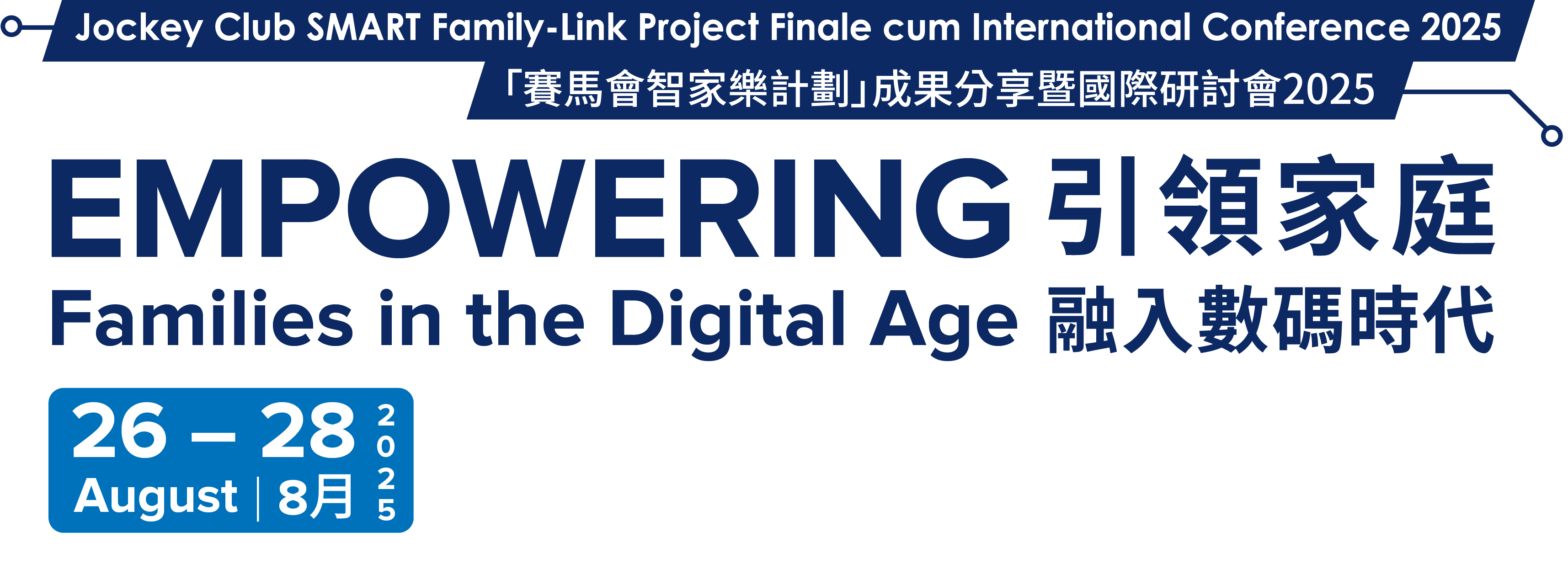

Professor Kyoungwon Seo is the Director of the Human-Centered AI Lab (HAI Lab; https://hai.seoultech.ac.kr) in the Department of Applied Artificial Intelligence at Seoul National University of Science and Technology (SeoulTech). He earned his B.S. and Ph.D. in Industrial Engineering from Hanyang University, Seoul, South Korea, in 2014 and 2018, respectively. From 2018 to 2020, he was a Postdoctoral Research Fellow in the Department of Electrical and Computer Engineering at The University of British Columbia, Canada.
Professor Seo’s research lies at the intersection of Human-Computer Interaction, Artificial Intelligence, and Augmented/Virtual Reality. His work focuses on designing human-centered AI systems that interpret complex multimodal data and augment human capabilities. He has led interdisciplinary collaborations with academic and industry partners, including researchers at Microsoft, engineers at Hyundai Motor Company, and healthcare professionals, to develop AI-driven solutions for critical challenges in healthcare, education, and manufacturing.
His contributions have been recognized with multiple honors. In 2025, he received the SeoulTech Research Award (Top 1%). In 2024, he was honored with the High-Impact Award from Springer in recognition of the significant academic impact of his journal publication. In 2023, he received a commendation from the Minister of Trade, Industry and Energy for his outstanding contributions to the advancement of the AI service industry.
Early diagnosis and prognosis of dementia are critical for timely intervention and for empowering patients and their families to make informed decisions. However, conventional approaches—such as questionnaire-based assessments and computerized cognitive tests—often fall short in detecting early functional decline, especially in real-world contexts. This keynote presents the development and clinical validation of the VEEM Digital Biomarker, a novel, multimodal framework that integrates Virtual Reality (VR), Electroencephalography (EEG), and Magnetic Resonance Imaging (MRI) for the early detection and prognosis of dementia.
The VEEM Digital Biomarker leverages VR-based simulations of instrumental activities of daily living (IADLs) to assess subtle cognitive and functional impairments in ecologically valid settings. Our results show that VR offers high sensitivity in early-stage screening, identifying deviations in behavior and task performance that traditional tools may overlook. Concurrently, MRI provides robust structural insights, particularly effective in confirming mild cognitive impairment (MCI). EEG adds a dynamic layer of real-time neural activity monitoring, enriching diagnostic granularity.
By fusing behavioral, neural, and structural data, the VEEM Digital Biomarker enables a comprehensive and clinically validated tool for dementia diagnosis and prognosis. This integrated approach not only enhances diagnostic accuracy but also holds promise for personalized care planning and longitudinal monitoring, ultimately supporting families in managing dementia more effectively.

Assistant Professor,
Department of Applied Artificial Intelligence,
Seoul National University of Science and Technology,
South Korea